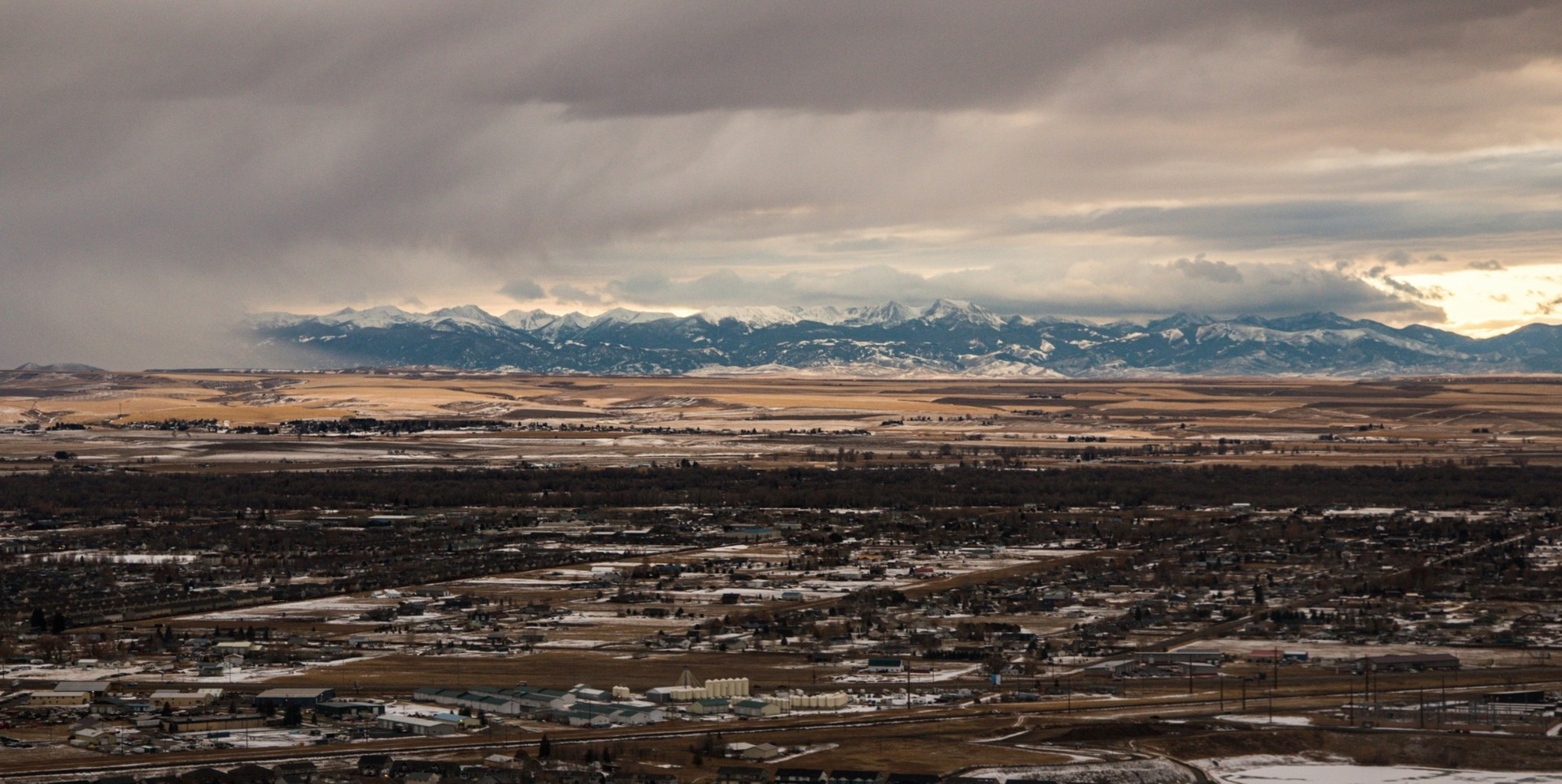SWMBIA Opposes the WARD Water Initiative
The Southwest Montana Building Industry Association (SWMBIA) is a local trade association whose members plan, design, and build housing and community spaces in the Gallatin Valley. Based on our review of the proposed Water Adequacy for Residential Development (WARD) initiative, SWMBIA does not support the measure. Our position is grounded in how we believe the initiative could affect housing availability, housing affordability, and long-term water planning in Bozeman.

The Context We See
Bozeman continues to experience strong demand for homes across a range of price points. At the same time, water supply planning remains a core responsibility for the community. Policies that touch either area can influence who can live here, where homes are built, and how the city stewards water resources over time.
What WARD Proposes
What WARD Requires
How SWMBIA Interprets Potential Effects
Establishes affordability requirements tied to a share of units in certain developments.Projects may be more complex to finance and deliver, which could reduce the number and diversity of homes produced in the near term.
Defines affordability and applies long-term restrictions to qualifying units.Affordability definitions and restrictions may not align with some working households’ circumstances, potentially limiting options for those groups.
Places conditions around how and when the City may acquire or apply water rights.Additional water-rights constraints could reduce flexibility in city planning and the timing of future growth.
For complete language and independent resources, please refer to the Affordable Bozeman Coalition website and official public documents.
If WARD Were Adopted (SWMBIA’s assessment)
Housing supply: New housing production could slow, which may place upward pressure on prices due to limited supply.
Projects in progress: Some planned homes may be delayed or reevaluated as financing and compliance are reassessed.
Growth patterns: Constraints inside city limits could shift demand outward, influencing commute distances and service delivery.
Water planning: Additional conditions on acquiring or deploying water rights could narrow the city’s options for long-term planning.
Projects in progress: Some planned homes may be delayed or reevaluated as financing and compliance are reassessed.
Growth patterns: Constraints inside city limits could shift demand outward, influencing commute distances and service delivery.
Water planning: Additional conditions on acquiring or deploying water rights could narrow the city’s options for long-term planning.
These are prospective impacts as SWMBIA understands them; actual outcomes would depend on implementation, market conditions, and future city actions.
What SWMBIA Supports
SWMBIA members work within local, state, and federal requirements to deliver housing and community infrastructure. We support:
- Data-driven water planning that maintains flexibility to adapt to future conditions.
- A range of housing types that serve workforce and “missing-middle” households.
- Infill and coordinated growth that uses existing infrastructure efficiently.
- Collaborative policy development with builders, planners, and community stakeholders.
Why SWMBIA Is Sharing This
As practitioners who build in Bozeman, our perspective focuses on feasibility, timelines, and how policy design translates into on-the-ground outcomes. Our goal is to provide information about how WARD may interact with housing delivery and water planning so community members can review the potential tradeoffs.
Learn More & Stay Informed
Learn More & Stay Informed
- Explore additional resources: Visit the Affordable Bozeman website for initiative language, analyses, and public materials.
- Engage in the process: Attend city meetings and community forums, read the full text of related proposals, and review third-party analyses.
- Hear from multiple viewpoints: Consider perspectives from housing providers, water experts, planners, and community groups.
Our Commitment
SWMBIA remains committed to contributing practical expertise to policies that shape Bozeman’s future—supporting housing solutions, responsible water stewardship, and a transparent public process.
For a broader community discussion and additional resources, please visit the Affordable Bozeman Coalition website.